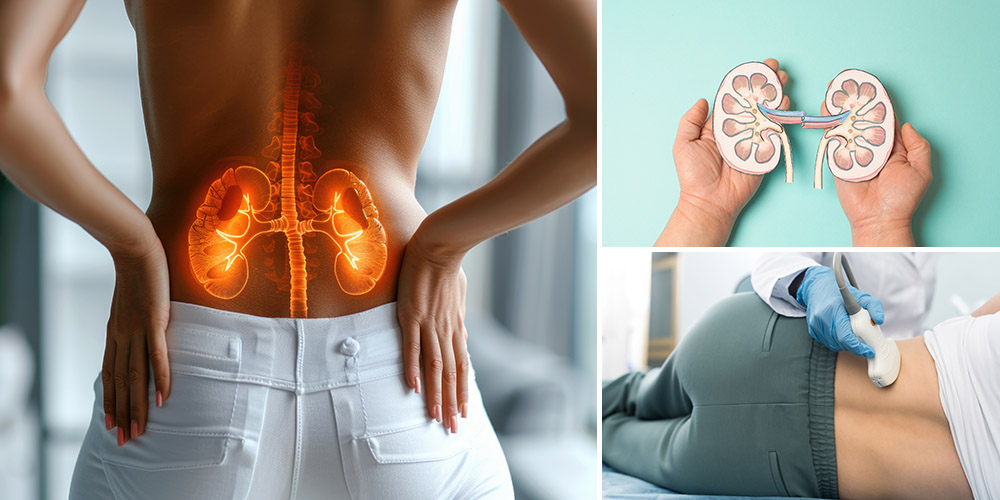
Do This To Dissolve Kidney Stones
A kidney stone comes in different types, depending on the minerals that accumulate in it. Among them, only the uric acid stone, or the calculus accumulating from the urine, can be dissolved with a medication that alkalizes the urine, such as tamsulosin (Flomax). But there is one natural way to help your body. Keep reading to find out what you need to do to dissolve kidney stones.
The sad fact is that most kidney stones cannot be dissolved. Small stones may be passed through the urine. However, larger ones may need to be broken down or surgically removed to resolve the problem.
What Are Kidney Stones?
The major job of the kidney is to filter out wastes and extra fluids in the body, producing urine as its waste by-product. Normally, the urine will dissolve substances and minerals like calcium and oxalate. But if it is too concentrated, the minerals will separate into crystals.
These tiny crystals of salt and minerals clump into small masses and accumulate into mineral deposits known as kidney stones.
A kidney stone can be:
Calcium stones, from calcium and oxalate deposits
Struvite stones, a result of bacterial infection that causes the formation of struvite (magnesium, ammonium phosphate, and calcium carbonate)
Uric acid stones, a result of overconsumption of protein and an increase in uric acid
Cystine stones, caused by too much cystine deposition. It is a rare and often inherited type of kidney stone.
Trust me. You don’t want to feel any of those.
If there’s one thing I’ve learned from dealing with stubborn stones, it’s this: you can’t just treat the pain and hope for the best. That’s what I did the first time… and guess what? They came back—bigger and more painful.
It wasn’t until I found this page that I finally figured out what was really going on. On page 251, there’s an entire breakdown on kidney stones—what triggers them, what foods to avoid, which ones to eat, and the daily habits that either protect your kidneys or slowly sabotage them.
It’s not a miracle cure, but if you’re serious about stopping kidney stones from wrecking your life again, this is the first page I’d look at. Because once you know what’s causing the stones, you can finally stop them before they start. Click here to see what I’m talking about.
Treatment Options and Remedies for Kidney Stones
Small kidney stones can pass out in the urine without causing pain and other symptoms. Stones larger than 10 mm in diameter or those that cause severe pain and complications must be surgically removed.
Between 5 to 10 mm, the kidney stones may possibly pass. Urologists may prescribe Flomax, an alpha-blocker that relaxes the ureter to allow the stones to pass through and alleviate the discomfort.
Some natural remedies may also help hasten the eradication of kidney stones. They do not necessarily dissolve the stones but may soften them for easy flushing.
If you attempt to take other herbal and natural remedies, talk to your doctor first for the best strategies that will not interfere with medications if taking any.
Diluted Apple Cider Vinegar
The phosphoric, citric, and acetic acid in ACV may help soften kidney stones and reduce their size by breaking down the crystal calcium oxalates. It may help break down the hardened tissues in the stone to allow it to pass through with the urine.
Apple cider vinegar is used diluted, often by mixing two tablespoons in a glass of water and drinking it daily. It should not be used undiluted as it can damage the teeth and may burn the throat.
Barberry
Barberry (Berberis vulgaris) is one of the most recommended homeopathic medicines for urinary problems. Barberry may reduce the size of a mild kidney stone to make it easier to flush. It can also reduce pain and other symptoms but should only be taken with proper consultation from a homeopathic doctor.
Stonebreaker
Chanca piedra, or stonebreaker, is a traditional herb for treating kidney stones, bladder stones, and gallstones. It is a diuretic that increases urine and an antispasmodic herb that reduces spasms. Stonebreaker is an alkaline herb used as an alternative alkalizing agent for potassium citrate to help dissolve uric acid stones.
Stinging Nettle
Nettles have been a trusted remedy for urinary health for centuries, and modern research is now validating its benefits for kidney stone prevention and relief.
A study published in PubMed found that nettle extract significantly reduced the formation of calcium oxalate crystals—the most common type of kidney stone. It also lowered levels of calcium and oxalate in the urine, which are key contributors to stone development. Additionally, nettle’s diuretic properties help increase urine flow, assisting in flushing out small stones and preventing new ones from forming.
Incorporating nettle into your routine can be as simple as brewing a cup of nettle tea or taking a standardized supplement. However, for a more concentrated and effective approach, a tincture made from stinging nettle may offer enhanced benefits.
I used to think kidney stones were something that happened to other people—until the day I couldn’t stand up straight from the pain. That’s when I learned the hard truth: if you don’t actively prevent kidney stones, you’re playing a dangerous game. Most people don’t know that a simple herb like stinging nettle can help protect your kidneys by flushing out excess minerals before they turn into stones.
It’s not just about relief—it’s about prevention. I now keep a bottle of this tincture in my kitchen cabinet and take it a few times a week—because I’d rather never go through that again. Trust me, once the pain starts, it’s already too late.
Kidney Beans
According to the National Kidney Foundation, beans are excellent superfoods for a kidney diet. Beans contain potassium and phosphorus, but are less absorbable than those found in animal sources. These minerals, along with sodium, are generally bad for the kidneys in high amounts.
Among the types of beans, kidney beans are the better option because they are low in oxalate compared to other legumes. A kidney bean broth is prepared by soaking 500 grams of kidney bean seeds overnight and boiling them in 2 liters of water in the morning. The beans are boiled until mushy, then strained and drunk throughout the day.
Lemon Juice
Lemon is also an excellent natural remedy for kidney stones. Citruses contain citrate, which binds with calcium and may block the formation of kidney stones or prevent them from growing. Taking about six tablespoons of lemon juice may inhibit kidney stone formation or safely allow the passage of small kidney stones.
Healthy Lifestyle for Kidney Stone Prevention and Treatment
Everyone is at high risk of developing kidney stones, mostly from lifestyle choices and genetic causes. People with a history of kidney stones are also highly likely to reacquire them.
Visiting a urologist is always the best step in kidney stone treatment. Doctors may prescribe Flomax and wait until the symptoms clear or recommend surgery if it does not.
Kidney stone is a common condition, but may be prevented by a few lifestyle changes. The key to prevention is hydration and embracing a healthy and active lifestyle.
Drink Plenty of Fluids
Increasing fluid intake increases the urinary flow, which is important in warding off kidney stones and making them easier to pass. When it comes to internal cleansing and hydration, nothing beats the power of pure water.
Other beverages also help, but avoid grape juice and soda as these can worsen the stones. Make sure to take 2 to 3 quarts of fluid a day to reduce the urine concentration, and always finish off with water.
Limit the Salt Intake
Aim for a low-sodium diet to reduce your risk of kidney stones and other diseases. Excessive salt intake is bad news for the kidneys and heart. High sodium intake draws out water and makes the blood and urine more concentrated.
However, these are the 3 signs your body is close to OD on salt.
Walking and Exercise
Depending on the size and location of the kidney stones, walking and exercise may or may not help. In most cases, walking may help patients pass stones and prevent new stone formations.
According to Arkansas Urology, cautious exercise may help move the stones naturally. But it is a good idea to consult a doctor before starting an exercise program.
Be Mindful of Your Diet
Sodium is not the only thing you should be watching out for if you have a kidney disease. Some foods also aggravate a stone, increase its mass, and build up more stones. The right kidney diet may depend on the particular type of kidney stones you have, as determined by laboratory tests.
Generally, here are a few reminders for its management and prevention:
- Cut back on high oxalate foods such as spinach, kale, broccoli, some legumes, berries, wheat bran, nuts, etc.
- Limit animal protein intake, which includes red meat, eggs, cheese, and some seafood.
- Eat more plant-based protein and dietary calcium.
- Moderate intake of fish oil from salmon, mackerel, and sardines to reduce urinary citrate and oxalate.
- Limit caffeine intake.
- Avoid calcium and vitamin C supplements. These food supplements are individualized, and only doctors and kidney dietitians can prescribe the correct dosage.
- Avoid processed foods and sugary foods and drinks.
- Avoid alcohol.
I’ve tried nettle tea. I’ve tried kidney bean broth. I’ve even choked down some questionable “stone flush” concoctions from the internet. But nothing made me feel like I was actually doing something smart for my kidneys… until I found this.
It’s not a pill. It’s not a tea. It’s a concentrated blend made from wild-harvested Reishi, Turkey Tail, Slippery Elm, Marshmallow, and Lion’s Mane — plants known for supporting detox, flushing the kidneys, and protecting the whole urinary system.
But what really sold me? It’s not just for stones. This blend supports your kidneys, bladder, and lymphatic system all at once… and when I started using it, I noticed the difference everywhere. Less bloating. Less water retention. More energy. If you’ve ever wondered whether your kidneys were quietly dragging your whole body down — you might want to try this the same way I did: one dropper at a time.
Recipe to Help With Kidney Stones
Natural cures for kidney stones are not always successful, especially for those with large stones. But in some cases, homeopathic treatments may help soften them for easy flushing.
This traditional recipe has been tested and proven by many patients with mild conditions. It is also a good one to try to decrease the risk of kidney stones.
I never thought I’d be the “herbal type”—until I realized the alternative was hospitals, pills, and pain.
The truth is, I didn’t want a “new identity.” I just wanted fewer flare-ups, fewer ER visits, and something I could actually rely on when things got bad. That’s why I joined The Lost Remedies Academy. Dr. Nicole Apelian didn’t just tell me what herbs to use — she showed me exactly how to find them in the wild, how to turn them into tinctures, teas, and poultices, and how to use them safely at home. Every lesson is on video, so it’s like having her in your kitchen or out foraging beside you.
And if you do want to go deeper into herbalism, she gives you the full knowledge, the hands-on recipes, and even a diploma to show for it.
But even if you’re just someone who wants to stop letting pain run the show, this Academy might just be your turning point.
The recipe includes lemon juice, apple cider vinegar, and olive oil.
Ingredients:
- 1 to 2 tbsp. apple cider vinegar
- 1/4 cup olive oil (2 ounces)
- 1/4 cup lemon juice (juice of 1 large lemon)

Steps:
- Combine all the ingredients in a cup and mix well.

- Take it with a glass of warm water. You may also add a teaspoon of honey to make it more palatable.
To use: Drink 1 to 2 tbsp of this mixture once a day for a week, and always follow it with a glass of water. To make it easy to take, you can pour the mixture into a shot glass and take it. Drink plenty of water and lemon juice throughout the day to keep yourself hydrated and prevent further stone formations.
When Pills Stop Working or Disappear Completely, This is What You’ll Wish You Had on Your Shelf
I used to think I could always count on the pharmacy down the road. But what happens when that option’s gone? Whether it’s a shortage, a blackout, or a full-on crisis, there may come a day when lab-made pills just won’t be there. And even when they are… the side effects, the long leaflets, the half-hearted relief? I’ve had enough.
That’s why The Forgotten Home Apothecary has earned its permanent spot on my bookshelf.
This is not your average book—it’s a survival kit in print. Inside, you’ll find:
- The 3-ingredient Kidney Stone Remedy to flush out stones before they send you to the ER
- A natural alternative to ibuprofen made with a simple backyard root
- Grandma’s Antibiotic in a Jar, used for centuries to fight infections
- The Herbal Sleep Syrup that knocks out insomnia without side effects
- The Headache Tea Blend that targets the root instead of just numbing the pain
- An Anti-Fungal Salve that goes deeper than creams and actually kills the infection
- Nature’s answer to Neosporin, made from a strange flower you’ve probably seen
- The Stomach-Soothing Paste for ulcers, reflux, and gut flares
You don’t need to be a healer to use it—but you’ll feel like one when your body responds better than it ever did to pills.
👉 Click here to flip through the pages and see why this may be the most important book you ever own.

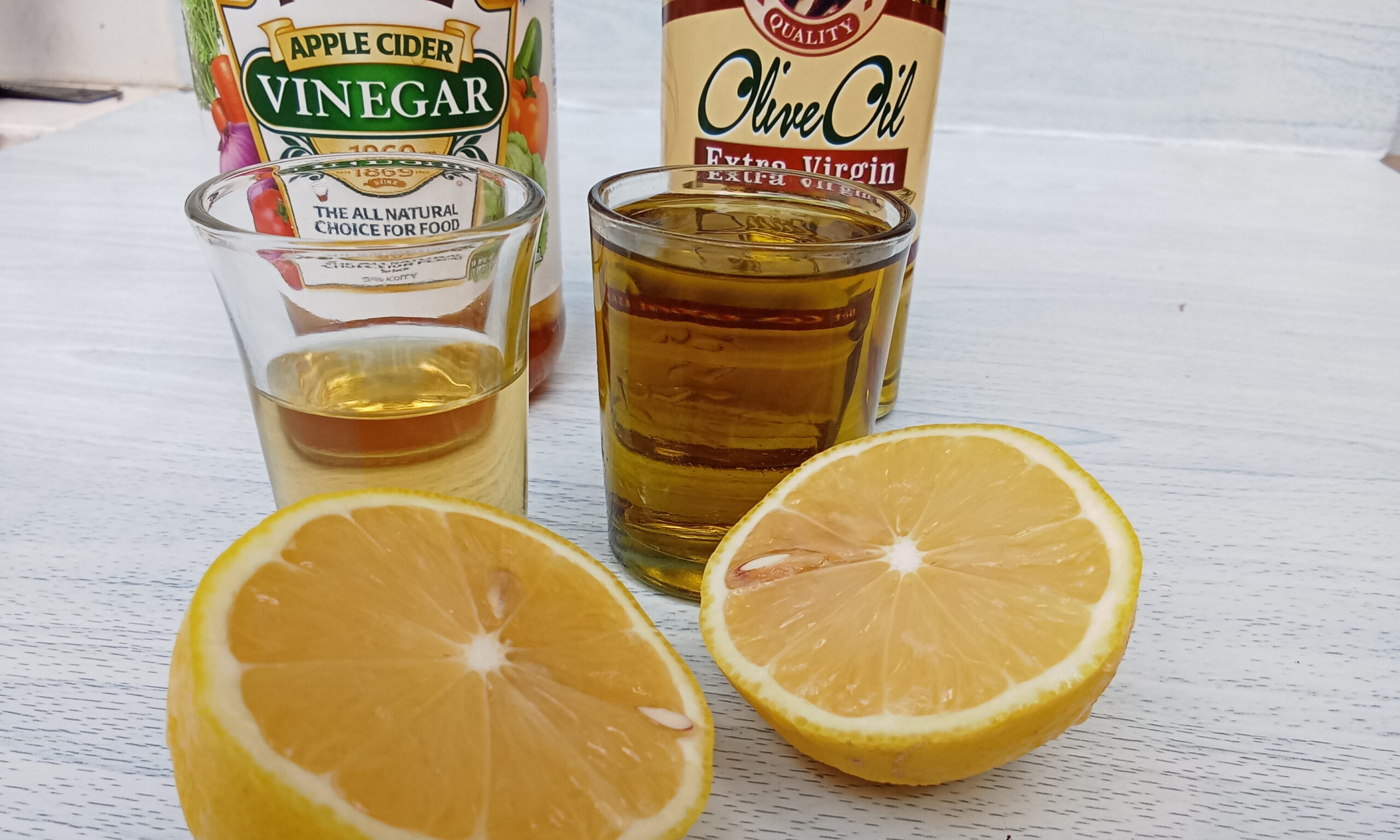
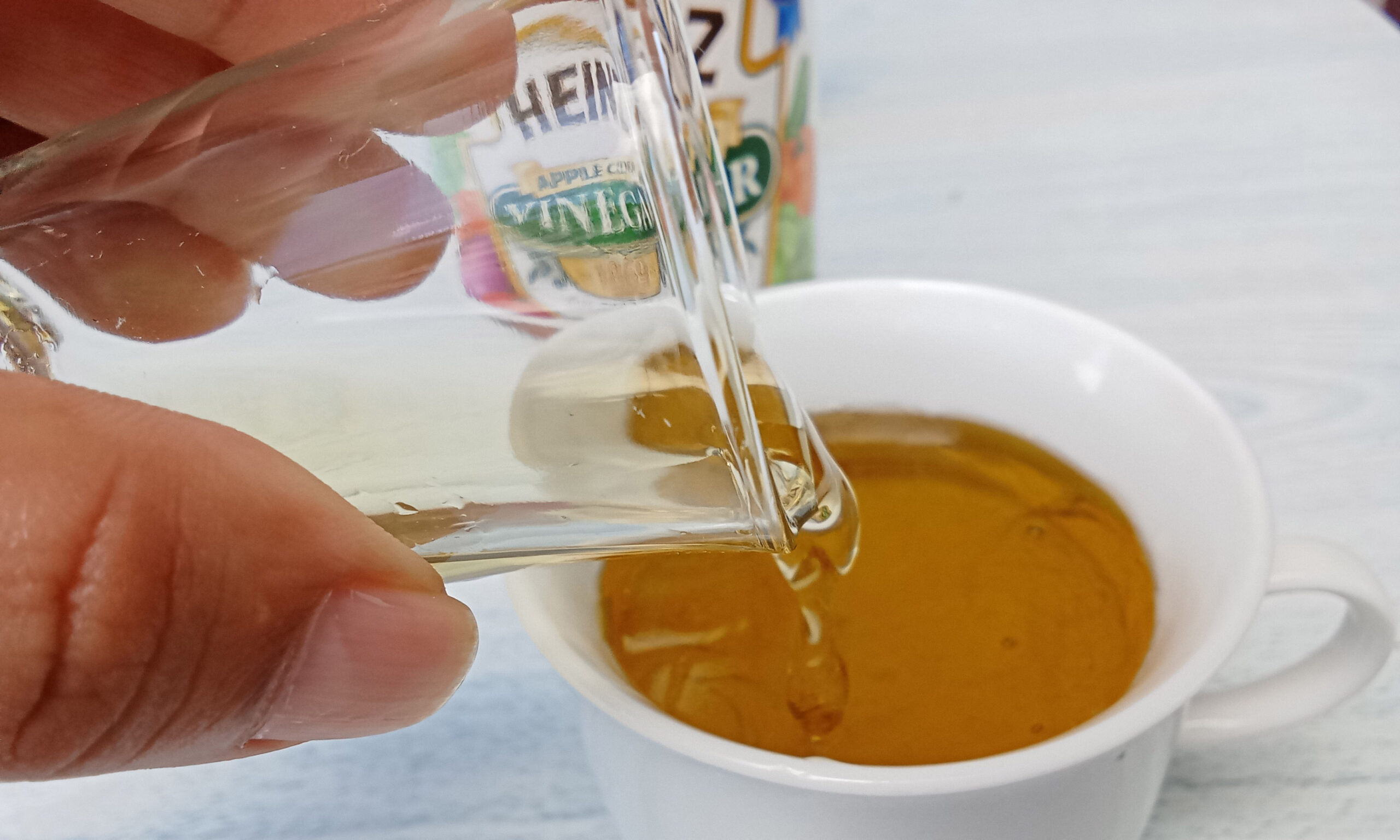
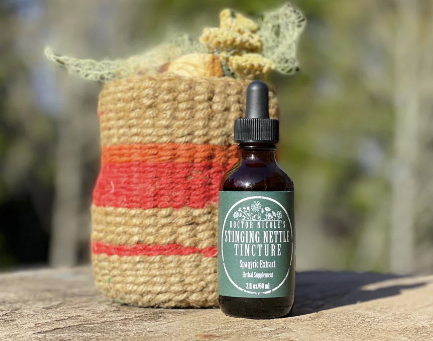

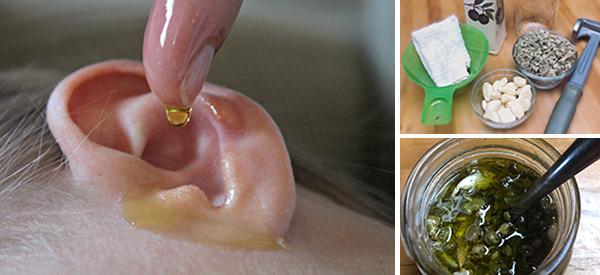
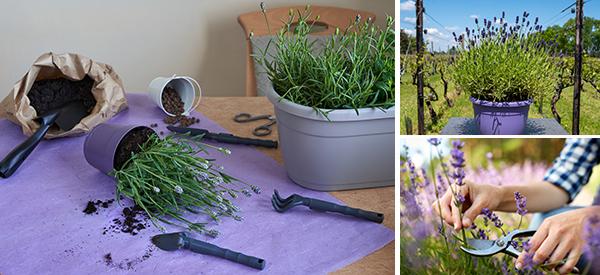
Awesome article for us ‘kidney sensitives’! Thank you so much!
Thanks so much, my rabbit had one that was almost 2 inches! He had to have it surgically removed. I did buy some chianca Piedra but don’t know how much to give, he weighs 2.75 lbs. how can I prevent it for this little guy. ? Thanks so much!
Hes beautiful
Oh sorry this is the picture of the stone the vet removed!